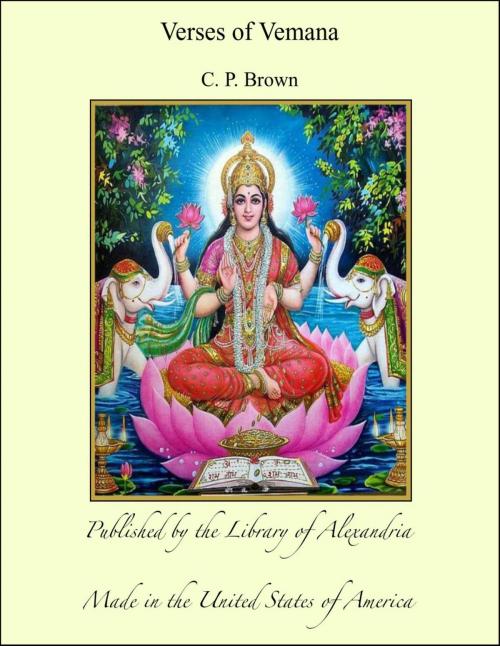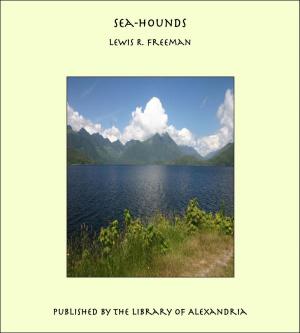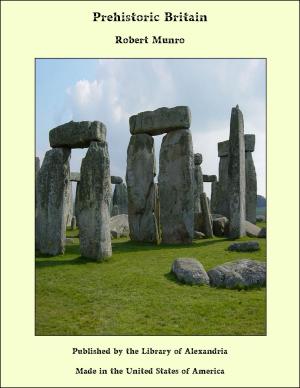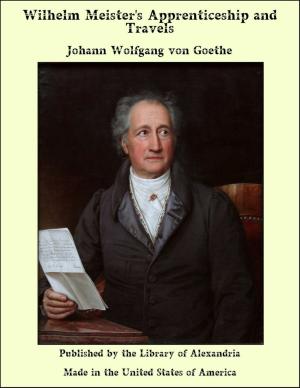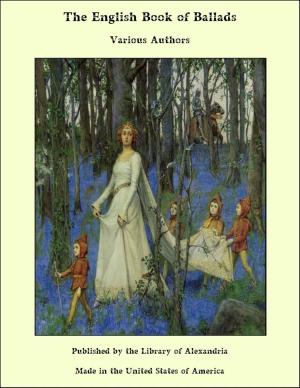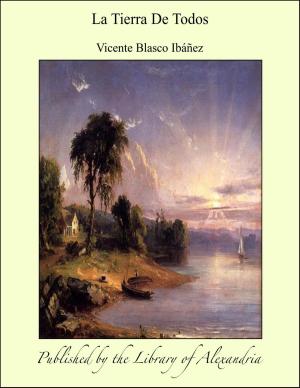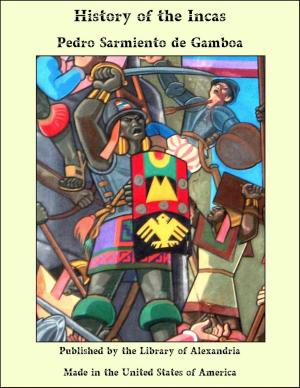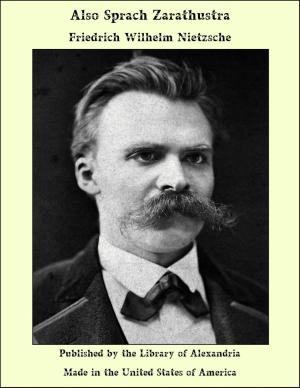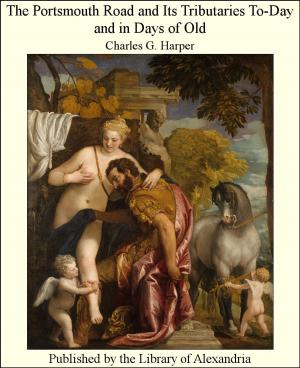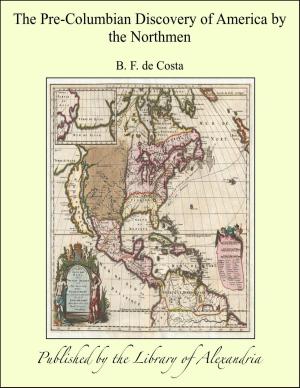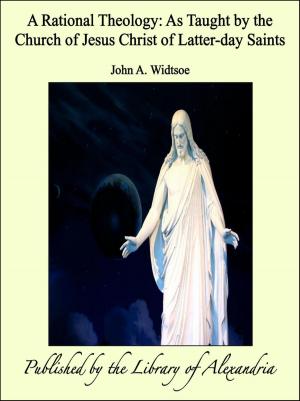| Author: | C. P. Brown | ISBN: | 9781465576958 |
| Publisher: | Library of Alexandria | Publication: | March 8, 2015 |
| Imprint: | Language: | English |
| Author: | C. P. Brown |
| ISBN: | 9781465576958 |
| Publisher: | Library of Alexandria |
| Publication: | March 8, 2015 |
| Imprint: | |
| Language: | English |
This author has attained great celebrity in his own country and in the adjacent parts of India; some information regarding his country and language may however be acceptable to the reader. Telugu is a principal language of the peninsula of India. It is ancient; and has been highly cultivated. The nation of the Telugus was in former times very powerful, and its princes gave considerable encouragement to literature. The works of its ancient poets are numerous and very voluminous. It possesses a very scientific grammar, and a system of prosody nearly as highly polished as that of the Greeks. In this and some other respects the language is acknowledged to be more difficult than Sanscrit. It is peculiarly smooth and elegant in its sound, and the poets have cautiously preserved its euphony. Hence Europeans have called it the Italian of India. The student may at first think this remark, which is no new one, unfounded; as the pronunciation is strong and decided; and as the mixture of Sanscrit terms often gives it a degree of roughness. But the pure rustic dialect as well as that of the poets is altogether different from this colloquial language; in the pure dialect most of those Sanscrit words that had harsh sounds are softened till they are as smooth and melodious as pure Telugu.
This author has attained great celebrity in his own country and in the adjacent parts of India; some information regarding his country and language may however be acceptable to the reader. Telugu is a principal language of the peninsula of India. It is ancient; and has been highly cultivated. The nation of the Telugus was in former times very powerful, and its princes gave considerable encouragement to literature. The works of its ancient poets are numerous and very voluminous. It possesses a very scientific grammar, and a system of prosody nearly as highly polished as that of the Greeks. In this and some other respects the language is acknowledged to be more difficult than Sanscrit. It is peculiarly smooth and elegant in its sound, and the poets have cautiously preserved its euphony. Hence Europeans have called it the Italian of India. The student may at first think this remark, which is no new one, unfounded; as the pronunciation is strong and decided; and as the mixture of Sanscrit terms often gives it a degree of roughness. But the pure rustic dialect as well as that of the poets is altogether different from this colloquial language; in the pure dialect most of those Sanscrit words that had harsh sounds are softened till they are as smooth and melodious as pure Telugu.
